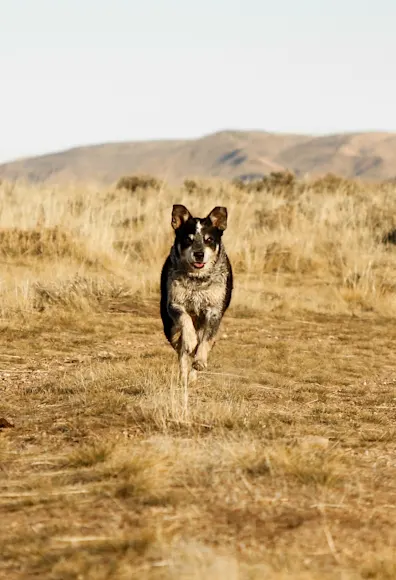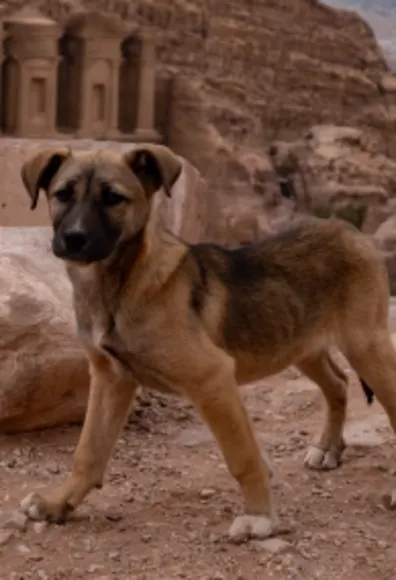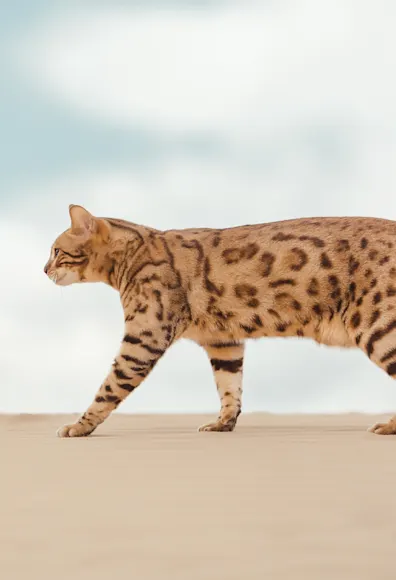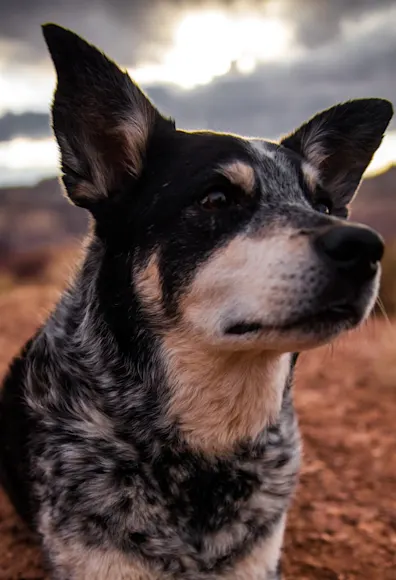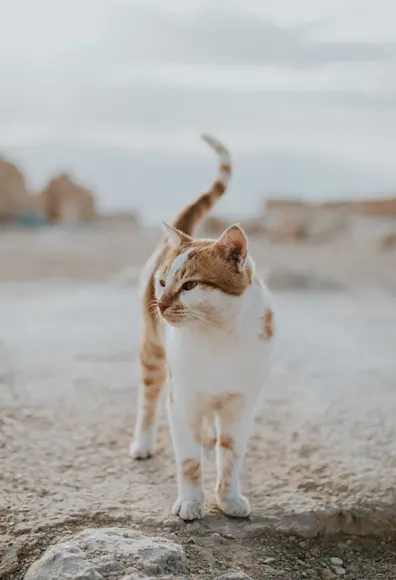Dove Mountain Veterinary
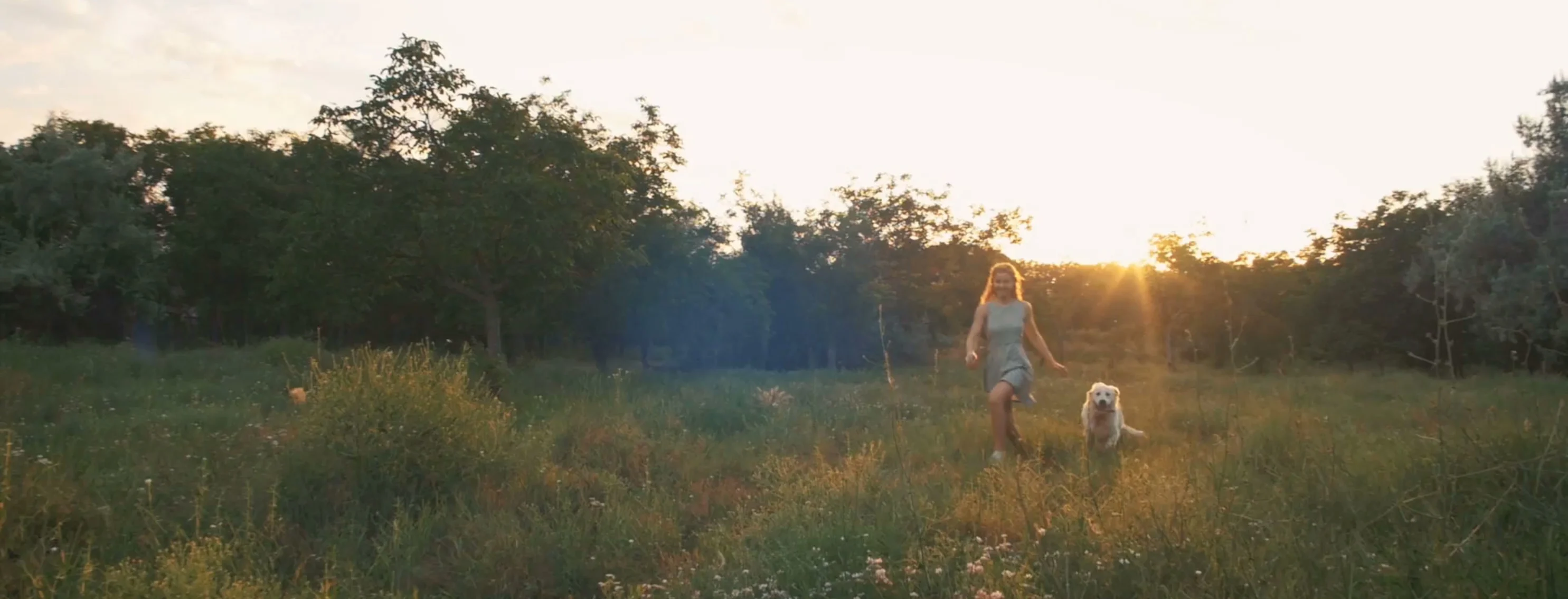

Care With Love
To us, excellence isn’t just about practicing gold-standard medicine. It’s about the way we care for you and your pet. The way you feel when we are caring for you. When you walk through our doors, we greet you like family. Because to us, that’s what you are. When we care for your pet, we are careful to minimize any stress or anxiety they feel. Our team members have even earned Fear Free™ certification. And when either you or your pet faces a problem, we treat it like our own. Because that’s what family means.
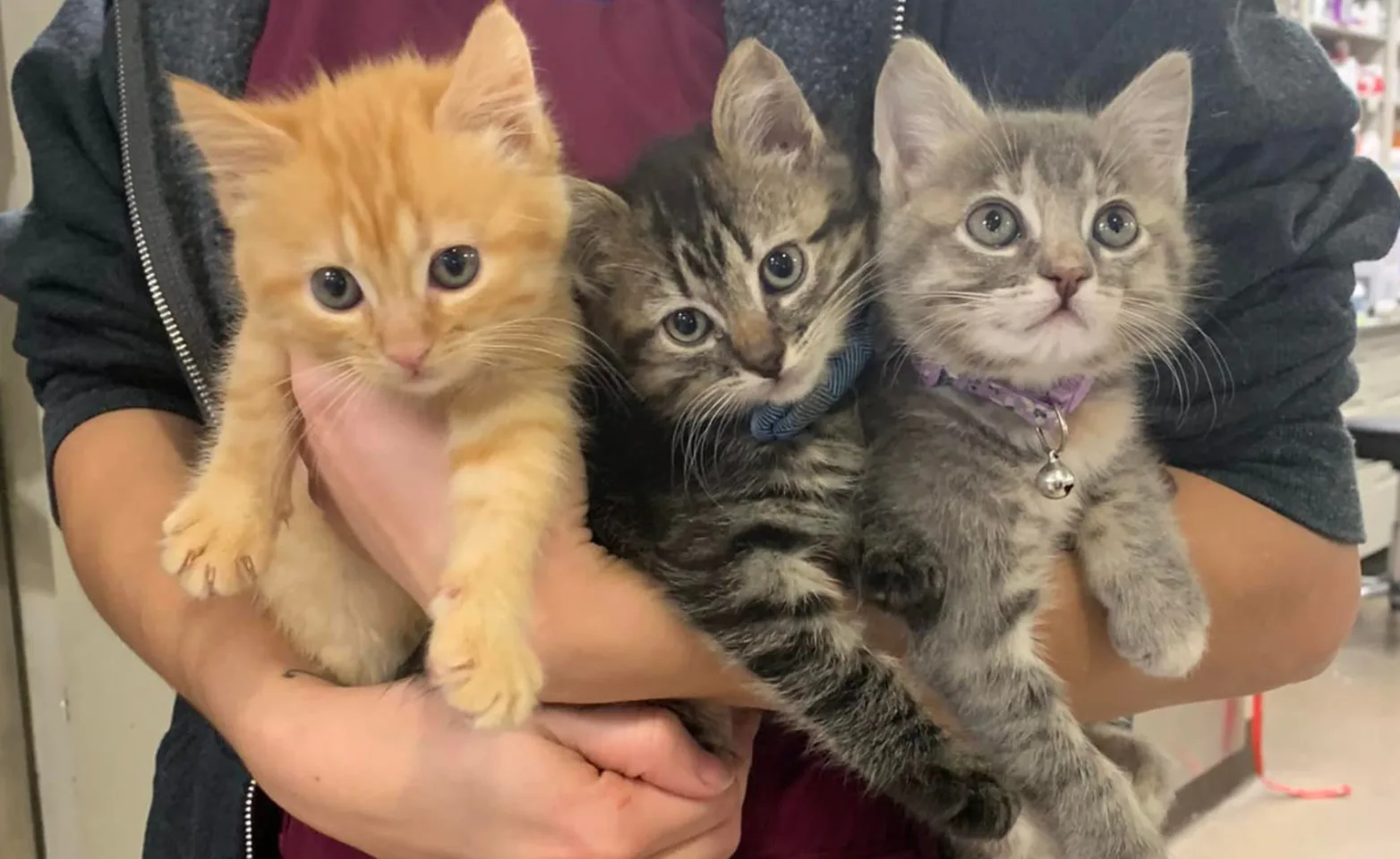
Our Passion
Every single thing we do is driven by a simple belief… the love that you share with your pet is precious, and we exist to protect it. Dove Mountain Veterinary is not just your new animal hospital. We are a partner. One that you can always rely on. One that looks out for you. One that you can trust to always put you first. Because caring for your pet is our life’s calling. And every day, we come in to work to make a difference in yours.
